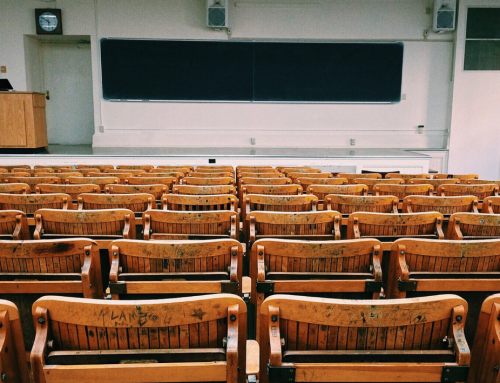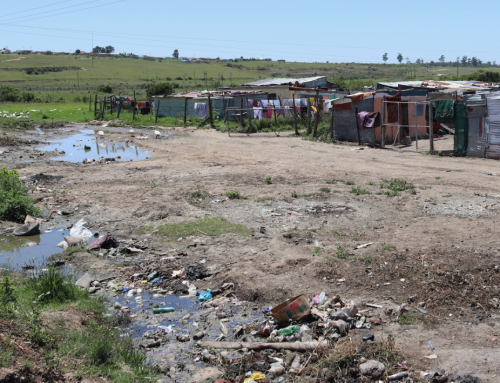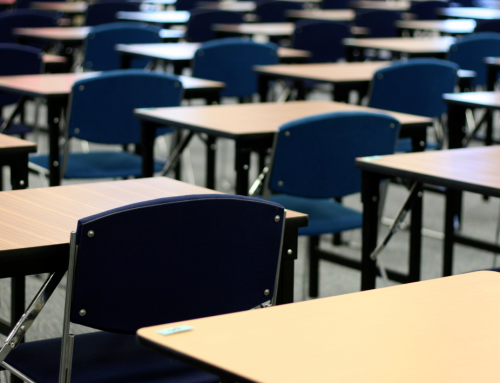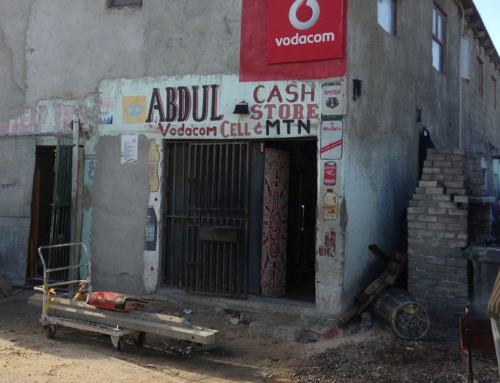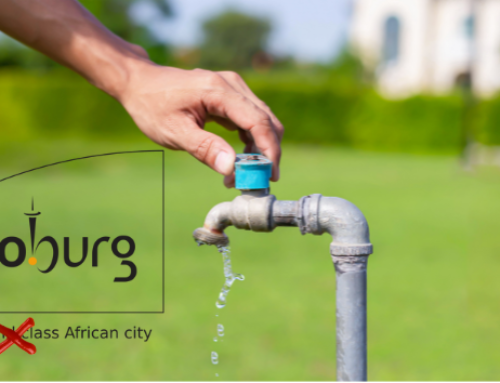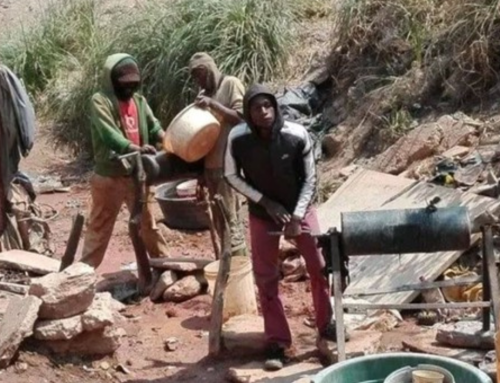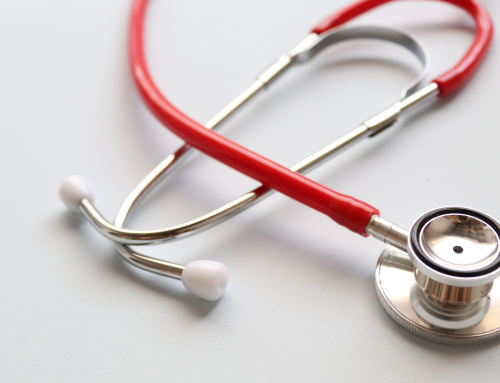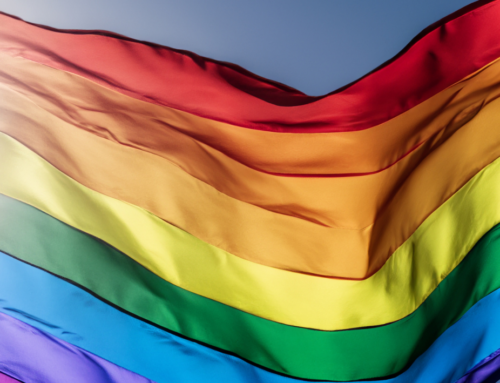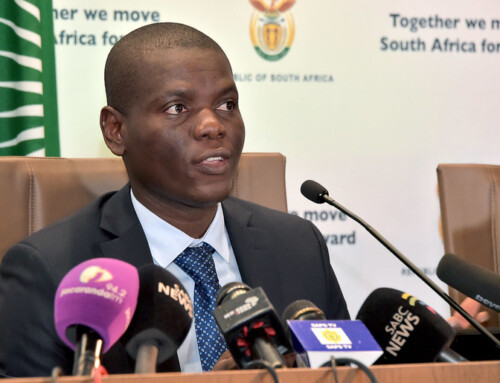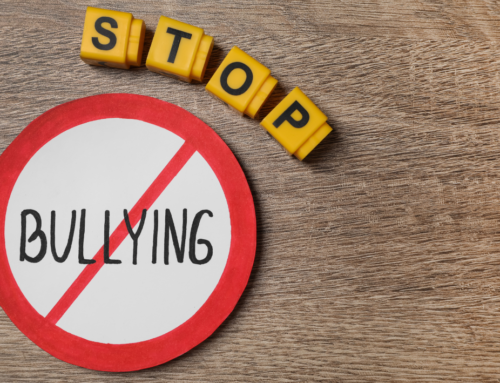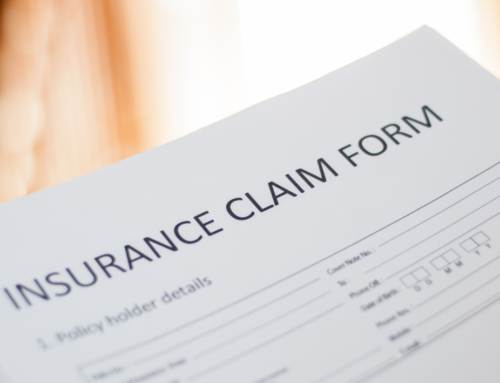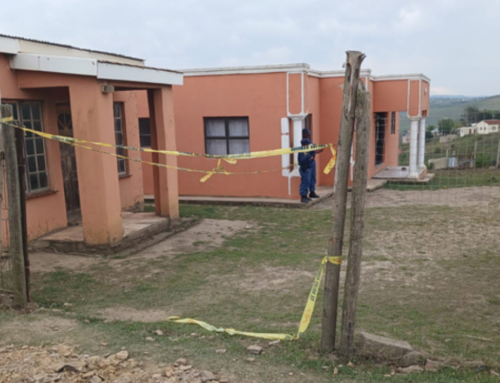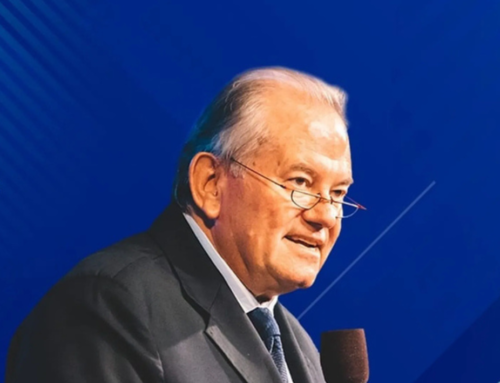 Statement by Nqabayomzi Kwankwa, UDM Deputy President and Chief Whip
Statement by Nqabayomzi Kwankwa, UDM Deputy President and Chief Whip
In February this year National Treasury said that household consumption remained under significant pressure with little or no relief in the short term. This is a profound revelation from the Department of the Obvious.
On Monday, 1 April 2024, Eskom’s price hike kicked in after the National Energy Regulator of South Africa approved the embattled power utility’s request for a tariff increase and direct customers and industrial users will be paying an additional 13% on their electricity bill. Electricity, water, and other utility costs are relatively high in South Africa, impacting the overall cost of living for residents.
On Wednesday, 2 April 2024, today, the price of 95 unleaded petrol is set to increase by 60 cents to R24.33 at the coast, while inland price hikes of between 65 cents (93 ULP) and 67 cents (95 ULP) will see petrol costing between R24.78 and R25.12 in Gauteng. The cost of transportation, including fuel prices which in turn impact on public transportation fares, and vehicle ownership costs, contribute to the overall cost of living.
According to recent estimates from Statistics South Africa (Stats SA), approximately 26.5% of the South African population lived below the national poverty line as of 2021. This figure represents individuals living on less than R834 per month in urban areas and less than R756 per month in rural areas. These figures underscore the significant economic hardships endured by millions, with individuals struggling to make ends meet.
The United Democratic Movement (UDM) believes the looming cost-of-living crisis that the vast majority of South Africans are grappling with has been brought on by thirty years of economic mismanagement. Year on year, the quality of living of South Africans, especially the poor and jobless, get worse and worse.
Under the ANC government, South Africa’s economic growth is less than 1% per annum and the unemployment rate has reached crisis levels. According to StatsSA, the real unemployment is 41,2%, while youth unemployment stands at approximately 70%. South Africa’s debt to GDP ratio stands at 73.6% (R5.84 trillion). The budget deficit stands at about 5%. However, the governing party’s rampant corruption, governance failures, economic policy uncertainty and sheer incompetence have inflicted the most damage on the South African economy, which constitutes a betrayal by the ANC to build a better life for all.
To address these issues, the UDM has advocated for a National Dialogue as a means to address pressing issues facing South Africa. We believe that such a forum could provide a platform for open and inclusive discussions involving various stakeholders, including government, political parties, civil society organisations, and ordinary citizens.
The UDM sees a National Dialogue as an opportunity to foster consensus, promote transparency, and find sustainable solutions to complex challenges such as poverty, unemployment, inequality, corruption, and social unrest. The party believes that by engaging in constructive dialogue and collaboration, South Africa can overcome its obstacles and move towards a more inclusive and prosperous future.
Additionally, the UDM emphasises the importance of genuine engagement and active participation from all sectors of society to ensure that diverse voices and perspectives are heard and considered in the decision-making process. Overall, the party views a National Dialogue as a crucial step towards building unity, trust, and accountability in South Africa’s democracy.
Issued by:
Mr Nqabayomzi Kwankwa, MP
Deputy President and Chief Whip of the United Democratic Movement



